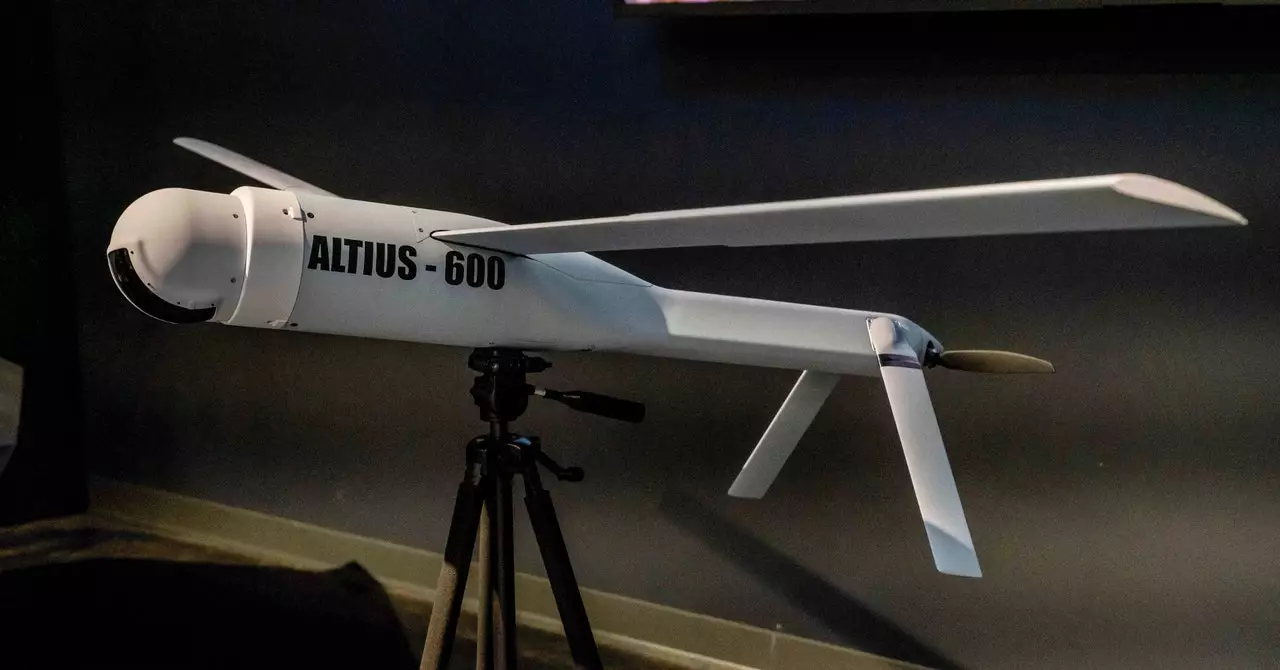The convergence of technology and defense has always straddled a fine line between innovation and ethical concerns. Recently, OpenAI, a key player in artificial intelligence development, forged a partnership with Anduril, a startup focused on defense technologies, including drones and weaponry. This collaboration not only reflects the growing trend among technology companies in Silicon Valley to align with defense sectors but also raises pressing questions about the implications of AI in military applications.
The partnership between OpenAI and Anduril aims to integrate advanced AI technologies into defense systems, ostensibly to enhance operational efficiency and decision-making in high-stress environments. Sam Altman, CEO of OpenAI, emphasized the organization’s commitment to developing AI that promotes democratic values while benefiting a wide array of users. The joint venture particularly focuses on utilizing OpenAI’s models to improve air defense systems, a critical aspect of military readiness as geopolitical tensions escalate globally.
Anduril has carved a niche for itself with its innovative approach to defense—leveraging technology to create autonomous systems capable of real-time responses. Brian Schimpf, co-founder and CEO of Anduril, stated the intention of their collaborative efforts is to develop solutions that empower military personnel with timely and accurate information, ultimately facilitating more strategic decisions in rapidly changing combat scenarios.
One of the notable features of this partnership is the emphasis on using AI to assess and manage drone threats, a growing concern within modern warfare dynamics. With the proliferation of unmanned aerial vehicles (UAVs), the integration of AI is positioned as a means to bolster defenses against evolving threats. A former OpenAI employee underscored the necessity of swift and precise decision-making capabilities in high-pressure situations. The implication is clear: having AI support military operations could very well influence outcomes in critical engagements.
However, the application of AI in these contexts also serves to highlight the ethical dilemma of autonomy in warfare. While advancements in technology could potentially save lives by improving threat assessments, reliance on AI to govern combat operations raises concerns about accountability and oversight.
The retreat of tech companies from military partnerships seemed palpable just a few years ago. In 2018, a significant backlash occurred when Google faced widespread protests from its employees over its involvement in Project Maven, a Pentagon initiative harnessing AI for drone surveillance. Employee discontent led to Google’s eventual withdrawal from the project, signifying the reluctance of many in the tech sector to engage in defense contracts.
Fast forward to today, and the landscape has shifted considerably. OpenAI’s embrace of military partnerships indicates a willingness within the industry to re-evaluate previous stances. Although some dissent within OpenAI echoed when the company altered its policies on military applications, the absence of overt protests suggests a complicated acceptance of this evolving relationship.
As OpenAI and Anduril push forward with their initiatives, the questions of responsibility and ethical use of AI loom larger than ever. The potential for AI to influence military operations cannot be understated; however, it precipitates an urgent discussion around the control and moral implications of employing such technologies in warfare.
Moving forward, it is crucial for both OpenAI and Anduril to establish robust frameworks that ensure the thoughtful application of AI in defense. Stakeholder engagement, transparency in decision-making, and stringent ethical guidelines will be paramount in safeguarding civilian interests while exploring the capabilities of AI technologies within military settings.
Ultimately, as technology and defense continue to converge, the balance between innovation, ethics, and responsibility will be a defining moment for both sectors. The partnership between OpenAI and Anduril serves as a microcosm of a much broader dialogue that will ultimately shape the future of artificial intelligence in combat-related applications.

